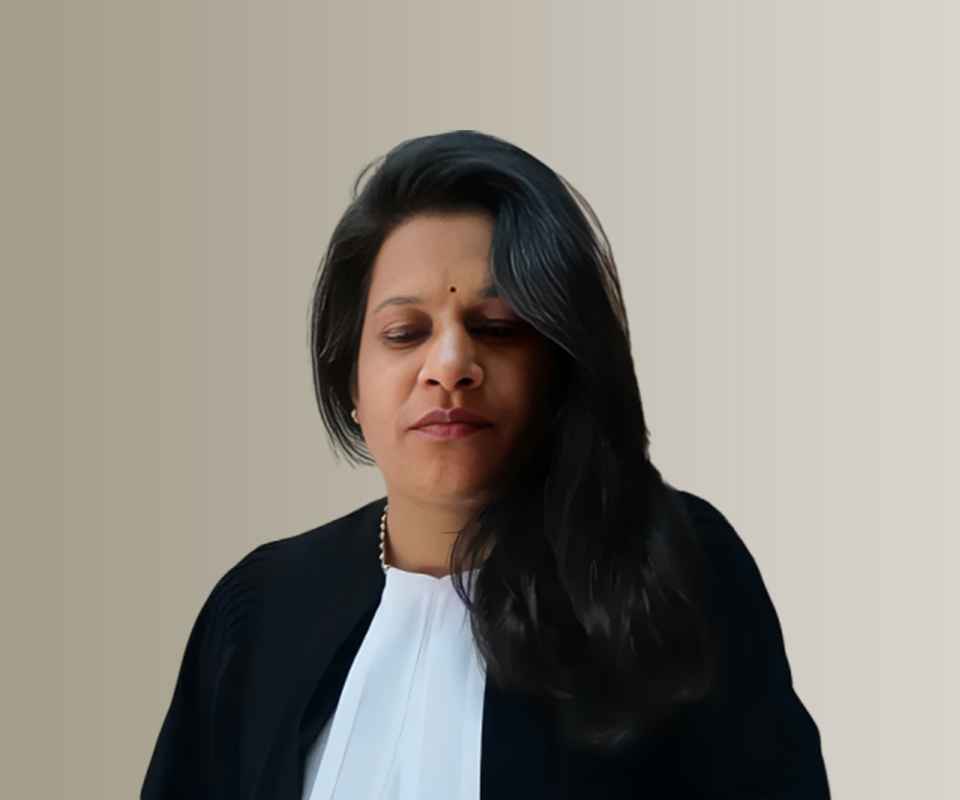Answer By law4u team
Bharatiya Nagarik Suraksha Sanhita, 2023 - Section 420: Appeal against conviction by High Court in certain cases.
Where the High Court has, on appeal, reversed an order of acquittal of an accused person and convicted him and sentenced him to death or to imprisonment for life or to imprisonment for a term of ten years or more, he may appeal to the Supreme Court.
Brefe Detail
This section allows an accused person, whose acquittal has been reversed by the High Court and who has been sentenced to severe penalties (death, life imprisonment, or a term of ten years or more), to appeal to the Supreme Court.
Question & Answers
Q1: In what situation can an accused appeal to the Supreme Court?
A1: An accused can appeal to the Supreme Court if the High Court has reversed an order of acquittal and convicted him with a sentence of death, life imprisonment, or imprisonment for ten years or more.
Q2: What types of sentences qualify for an appeal to the Supreme Court?
A2: Sentences of death, life imprisonment, or a term of ten years or more qualify for an appeal to the Supreme Court.
Q3: Which court's decision can be appealed to the Supreme Court?
A3: The decision of the High Court can be appealed to the Supreme Court.
Example
- If a person was initially acquitted by a Magistrate but the High Court later reverses that decision and convicts him to life imprisonment, he can appeal to the Supreme Court.
- An individual sentenced to ten years in prison after a High Court reversal of acquittal has the right to challenge that conviction in the Supreme Court.
- In cases where the High Court imposes a death sentence after reversing an acquittal, the convicted individual can seek an appeal in the Supreme Court.
Summary
Section 420 of the Bharatiya Nagarik Suraksha Sanhita, 2023, provides the right to appeal to the Supreme Court for individuals whose acquittals have been reversed by the High Court, provided they are sentenced to death, life imprisonment, or a term of ten years or more.







